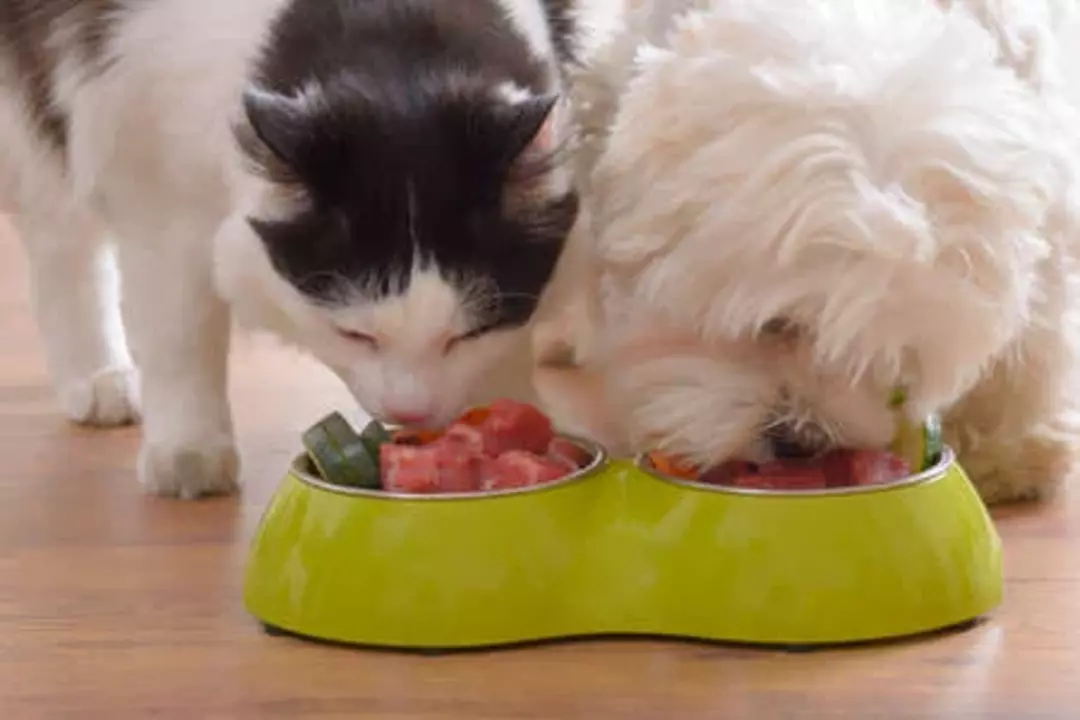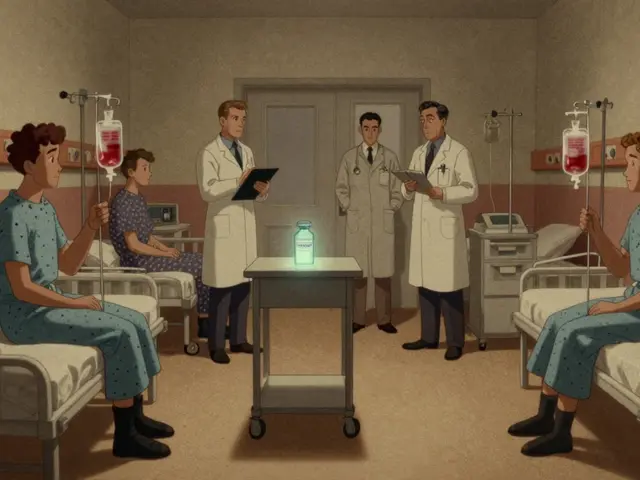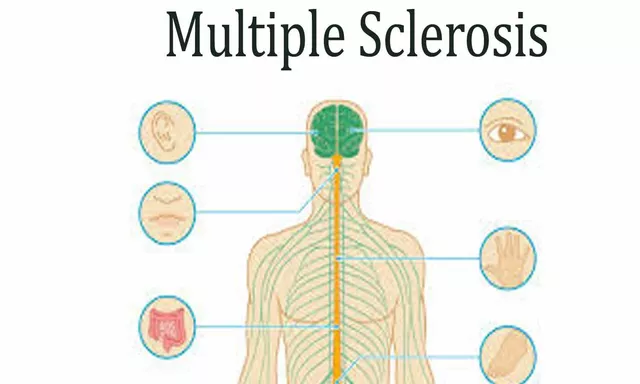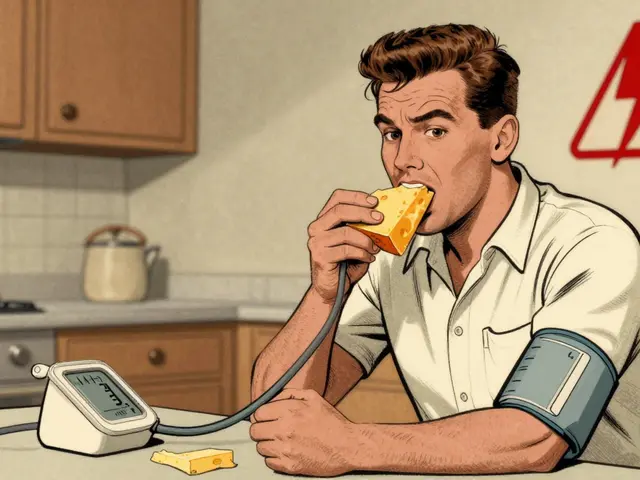Animal companionship: how pets help your health — and how to keep them safe around medicines
Got a pet? They can lift your mood, nudge you outside, and make your day less lonely. At the same time, pets and human medicines don’t always mix well. This page collects practical, no-nonsense tips so your companion improves your life without getting hurt by meds or household drugs.
Why pets matter for your health
Pets give routine and movement. Walking a dog gets you outside, which helps stress and blood pressure. A calm cat or a friendly rabbit can reduce feelings of loneliness. If you take daily meds, a pet’s routine can actually help you stick to yours — feeding times and walks create structure. That consistency is a quiet but real benefit for people managing long-term conditions.
Keep medicines away from pets — concrete steps
Store all pills and liquids in a high, locked cabinet. Don’t leave pill bottles, blister packs, or pillboxes where a curious paw or mouth can reach them. If you use a weekly pill organizer, put it in a locked drawer after you take your dose. Many accidental pet poisonings happen because someone left a tablet on the nightstand.
Know the common dangerous drugs. Acetaminophen (paracetamol) is very toxic to cats. Ibuprofen and naproxen can hurt dogs’ kidneys and stomach. Some supplements, ADHD meds, and antidepressants can be dangerous if a pet eats them. If your pet chews up a pill, call your vet or an emergency clinic right away — speed matters.
When you give medicines to your pet, follow the vet’s directions exactly. Human pills are sometimes prescribed for animals, but never guess doses or split tablets unless the vet says so. Wash your hands after handling topical treatments or hormone creams — some human topical meds absorbed through the skin can harm pets, especially small animals and cats.
Dispose of old meds safely. Use pharmacy take-back programs when available. If you can’t, follow local guidance — many places recommend mixing pills with an undesirable substance (coffee grounds, cat litter) and sealing them in a container before trashing. Don’t flush medicines unless the label or local rules say to do so.
Watch for illness signs after possible exposure: vomiting, drooling, weakness, wobbliness, breathing changes, or sudden behavior shifts. For pregnant people: avoid changing cat litter when possible and use gloves — toxoplasmosis risk is real. If you’re on immunosuppressant meds, ask your doctor about pet-related risks and extra hygiene steps.
Want one simple habit that reduces most risks? Wash your hands after touching medicines, after handling pet meds, and before you touch food. That small step protects both you and your companion.
If you’re ever unsure, call your vet or a pet poison helpline. Quick questions early can prevent scary emergencies. Pets improve our lives — a little care around medicines keeps it that way.

Myeloma and Pets: The Benefits of Animal Companionship
Myeloma is a difficult journey, but I've found solace in the companionship of my pets. Their unconditional love and support have proven to be invaluable during my treatment. Studies have shown that animal companions can help reduce stress, lower blood pressure, and even boost the immune system. My pets have not only provided emotional support, but also encouraged daily exercise and social interaction, improving my overall well-being. I can truly say that my animal companions have played a crucial role in helping me cope with my myeloma diagnosis.
Read More




